We all want our dogs to live long healthy lives. Monitoring what your dog eats is key to improving its health and extending its lifespan. Selecting certain superfoods for a dog's diet is a great way to incorporate a healthy regimen.
These superfoods come jam-packed full of beneficial properties such as vitamins, fiber, antioxidants, and more. Find out how these nutrients may help your dog fight off disease, protect its cells, and extend its years.
What Are Superfoods For Dogs?
No, superfoods are not superheroes masquerading as food. And even though pizza tastes “super delicious” it is not a superfood either. “Superfood” is a popular term often used in the food and health category.
Technically, they are not a food group. They are specific foods that are publicly agreed to be highly beneficial for nutritional health. Superfoods contain various nutrients such as:
- Antioxidants - may help to prevent cancer from forming.
- Healthy Fats - improves the cardiovascular system. May help prevent heart disease.
- Fiber - may help to prevent diabetes and digestive disorders.
- Vitamins - essential for normal growth and nutrition.
- Phytochemicals - can have numerous health benefits.
- Cannabinoids - may promote homeostasis through the ECS.
Each superfood has different variations and amounts of these nutrients. Some, like hemp seed oil, may contain more than others. By adding a bit of each to your dog’s diet, you can be sure they are getting all the above nutrients.
Why Add Superfoods To Your Dog's Diet?
If you’re feeding your dog a premium dog food brand, it may already include some superfoods for dogs. Although, just because the bag is labeled "premium" does not mean it contains premium nutrition.
Many dog food manufacturers claim that their brand contains the essential ingredients of a well-rounded diet. However, we have all seen dog food and it doesn’t take a brainiac to see that it's very processed.
Originally, the ingredients in dog food may contain some decent nutrition. However, through processing, much of that nutritional value deteriorates or is lost.
By adding fresh superfoods to your dog's diet, you ensure that your dog is getting their nutritional needs met. Feeding fresh portions of superfoods to your dog allows its body access to raw nutrition. The best nutrition.

Top 9 Superfoods for Dogs
Time for the tasty part. Remember, these superfoods can be beneficial to your dog's health and yours as well. These are healthy foods both you and your dog can enjoy together. Your furry friend will surely thank you for any of these tasty healthy treats.
1. Blueberries
Most dogs go bonkers for blueberries. You can feed them to dogs raw, pureed, or frozen. They are perfectly bitesize for most dogs. Although, you may need to chop them into little pieces for smaller breeds.
Blueberries make a great superfood treat for dogs. Don’t feed them too many though, because it may lead to stomach discomfort or diarrhea. Although small in size, blueberries offer a large range of nutrition value, such as:
- Antioxidants - are very effective in preventing free radical damage. Free radical damage to cells can lead to cancerous cell growth. Therefore, antioxidants may help to prevent cancer from forming.
- Vitamin C - helps to improve the dog's immune system. It may also help reduce inflammation and cognitive aging.
- Vitamin K - is essential for activating the blood clotting ability in your dog’s blood.
- Manganese - does not produce naturally in dogs. However, dogs need manganese to make energy, metabolize protein and carbohydrates. They also need it to make fatty acids. To add, manganese helps to maintain cartilage and bone.
- Fiber - This aids with colon and digestive health. Fiber is helpful with digestive problems such as diarrhea and constipation.
- Copper - This mineral helps a dog’s body absorb iron. Iron absorption is a vital part of red blood cell functionality. Copper is also necessary for melanin to form. This is the pigment that darkens a dog's skin and fur.
2. Turmeric
This is a spice from the turmeric plant. Turmeric offers many benefits to your dog’s health. The most active ingredient in turmeric is curcumin. Curcumin is a curcuminoid that derives from the turmeric root. Curcuminoids give this plant some of its medicinal properties, such as:
- Anti-Inflammatory - NF-kB is a molecule that travels into the nuclei of cells and activates genes related to inflammation. Curcumin is capable of blocking the NF-kB molecule. This makes it a candidate for helping with many inflammation-related disorders like arthritis or certain immune disorders.
- Gastrointestinal relief - Because of turmeric's anti-inflammatory properties, it can offer help in reducing gut inflammation and maintaining gut permeability.
- Neuroprotective - In certain areas of the brain, neurons are capable of new growth. In the brain, a brain-derived neurotrophic factor (BDNF) acts as a growth hormone for the brain. Brain disorders have been linked to low BDNF levels. Curcumin may increase BDNF levels which can fight against neural degeneration and perhaps certain neurological disorders.
3. Fish Oil
Many people eat fish and take fish oil for its health benefits. Did you know that it can be just as beneficial for dogs? Fish oil can help support healthy skin, coat, kidneys, heart, and immune system in dogs. There are two main omega-3 fatty acids found in fish oil:
- Omega-3 fatty acids (EPA) - EPA can also help to ease inflammation associated with allergies such as itchy skin, hotspots, canine dermatitis, and dandruff. All this helps to control shedding in dogs.
- Omega-3 fatty acids (DHA) - DHA is the other omega-3 fatty acid found in fish oil. DHA is important in the development of a puppy’s eyes and brain. Giving a pregnant or nursing mother DHA can be beneficial to the development of its offspring once born.
4. Hemp Seed Oil
Hemp for the hounds! This might just be the most beneficial superfood here. Hemp seed oil is considered a complete protein for dogs. Meaning it contains all 10 amino acids that the canine body does not produce.
Hemp seed oil is better than flaxseed or fish oil due to the 3:1 ratio of two essential polyunsaturated fatty acids (omega-3 to omega-6 ratio). This is the best ratio of fatty acids to complement your dog's health. These essential fatty acids are linoleic acid (LA) and a-linolenic acid (LNA). Both of these can be very beneficial to your dog's heart. Hemp seed oil can help to prevent certain skin disorders in dogs such as dog eczema and dandruff. It can also promote healthy blood circulation.
There is also full-spectrum hemp oil for dogs available. This is oil from the entire hemp plant, not just the seeds. Full-Spectrum hemp oil is extracted from the stalks leaves and flowers of the hemp plant. This offers the same nutrients as hemp seed oil with the added benefits of CBD and other beneficial cannabinoids, terpenes, and flavonoids.
CBD and other hemp cannabinoids may help promote a healthy endocannabinoid system (ECS) in dogs. Almost every living creature (including humans) has an ECS. The ECS helps to regulate important physiological and cognitive functions of the body such as:

5. Eggs
Eggs are a well-known superfood for dogs, and for good reason. Their benefits are no yolk. People have been using eggs for years to improve the shine of their dog’s coat. After all, a healthy coat is a sign of a healthy dog.
Always boil or cook eggs before serving to your dog. Feeding your dog raw eggs may lead to salmonella or a biotin deficiency. Also, do not feed your dog eggs too often as it can lead to obesity. To avoid obesity, stick to feeding your dog eggs a couple of times a week.
- Protein - Dogs need protein to create essential amino acids. Protein contributes to your dog's healthy coat, skin, muscle development, and tissue repair.
- Vitamin A - Vitamin A is an essential vitamin for dogs. they need it for their coat, muscle, and nerve support.
- Folate - Folate is a natural form of Vitamin B9, which helps treat folic acid deficiencies.
- Riboflavin - Also known as Vitamin B2, riboflavin helps with the facilitation of certain enzymes.
- Vitamin B12 - is critical for healthy brain function and the nervous system. It is also crucial for forming and growing blood cells.
- Iron - this mineral plays an important role in red blood cells and hemoglobin.
- Fatty Acids (omega-3) - see fish oil section.
- Selenium - is vital towards the functionality of the dog's immune system and thyroid gland.
6. Kale
Kale is a huge hit in wellness-conscious circles. It has become highly valued for providing long-lasting energy and plentiful nutrients. Kale can be given to dogs as a supplemental nutrient source or a tasty treat!
If you want to encourage healthy bones, muscles, and energy, kale is an easily digestible option your dog is sure to love. Kale is also highly beneficial for a dog's immune system and vascular health.
- Antioxidant-Rich: Kale contains two of the main antioxidants: lutein and zeaxanthin. Antioxidants help rid the body of toxins, lowering the risk of cancer and other diseases.
- Potassium: Aids in nerve functionality and helps encourage healthy muscle contractions. Potassium is also beneficial for blood pressure and heart rate.
- Bone Health: Kale is rich in multiple vitamins like magnesium, calcium, and iron. These vitamins are essential for growing strong bones.
7. Carrots
Carrots contain many essential vitamins, making them a fantastic addition to your dog's diet! Dogs also love the taste of carrots and will gobble them down uncooked or boiled just the same.
Dogs can eat every carrot part, including the leafy greens on the top. When you feed your dog carrots, be sure to cut them into bite-sized pieces or cook them, so they are soft and easy to chew.
- Low Calorie: Carrots make a great low-calorie snack for your dog. As a nutrient-rich food, you can introduce carrots to your dog's meals without the need to worry about weight gain.
- Vitamin A: This vitamin is important for maintaining your pup's overall health. A healthy vitamin A dose supports immune health, bone growth, and reproductive wellness.
- Beta-Carotene: This nutrient is what gives carrots their orange color! Carotene is great for your dog's skin, coat, and eye health!
- Dietary Fiber: Fiber can aid in healthy digestion, benefitting gut health and promoting healthy bowel movements.
8. Bone Broth
Bone broth is nutrient-dense and delicious, making it a tasty option for a well-rounded diet. Dogs are naturally carnivores, so bone broth helps to fulfill your dog's ancestral need for meat!
Bone broth is a great protein source and effectively provides many healthy compounds needed for joint health and natural bone support. Bone broth is a good option for dogs susceptible to hip dysplasia or degenerative bone diseases.
- Gut Health: Gelatin from the broth helps support a healthy digestive tract. The soup can also help soothe an upset belly.
- Anti-Inflammatory: Bone broth contains powerful anti-inflammatory properties, making it a great option for soothing discomfort.
- Hydrating: Bone broth is easy to digest and provides easy and tasty hydration to your dog. You can use bone broth to nurture a sick dog or as a quick and tasty way to add some more hydration to its diet.
9. Dark, Leafy Greens
Everyone knows how healthy dark leafy greens are for people, but they can also give dogs many of the same benefits! In fact, this 2005 study concluded that green vegetables could potentially lower cancer risk by up to 90%!
If you decide to give your dog leafy greens, wash the greens well to remove dirt or pesticides. Then mix the raw greens with your dog's food, or sauté them in olive oil for some home-cooked goodness!
- Improves Digestion: Leafy greens are high in fiber and other nutrients aiding in healthy digestion.
- Phytonutrients: Leafy greens are rich in beneficial phytonutrients that act as powerful antioxidants. This nutrient also provides anti-inflammatory properties.
- High Iron: Because they are rich in iron, leafy greens do wonders for vascular health. Iron helps deliver oxygen to red blood cells promoting high energy and overall wellness.
Final Thoughts - Superfoods For Dogs
Superfoods can improve your dog's health, quality of life, and life expectancy. Now that you've learned the 5 best superfoods for dogs, it's up to you to make the right choices for your dog's diet. If you do choose to only feed your dog manufactured dog food or dog treats, make sure the ingredients are healthy and come from a good source.
Look for indications on the label such as organic, all-natural, non-GMO, no artificial flavorings, no artificial colorings, and no artificial preservatives. And, of course, cruelty-free for the pet owner in all of us. Although these products may not be as nutritious as their raw counterparts, they offer the next best thing.
Sources:
https://www.webmd.com/diet/features/what-to-know-about-omega-3s-and-fish#1
https://www.akc.org/expert-advice/nutrition/vitamins-dogs-need-healthy-lifestyle/



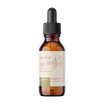
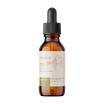
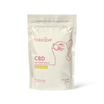

![Probiotics For Dogs [Soft Chews]](http://www.holistapet.com/cdn/shop/files/ezgif.com-gif-maker_0348173b-c2c8-43f1-b7ef-272f7575505e.webp?v=1708999860&width=104)
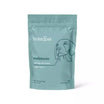


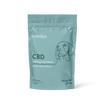
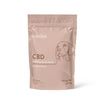


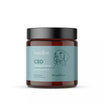











![The Surprising Benefits Of Chamomile For Dogs [Supplement Guide]](http://www.holistapet.com/cdn/shop/articles/362.jpg?v=1715359446&width=500)
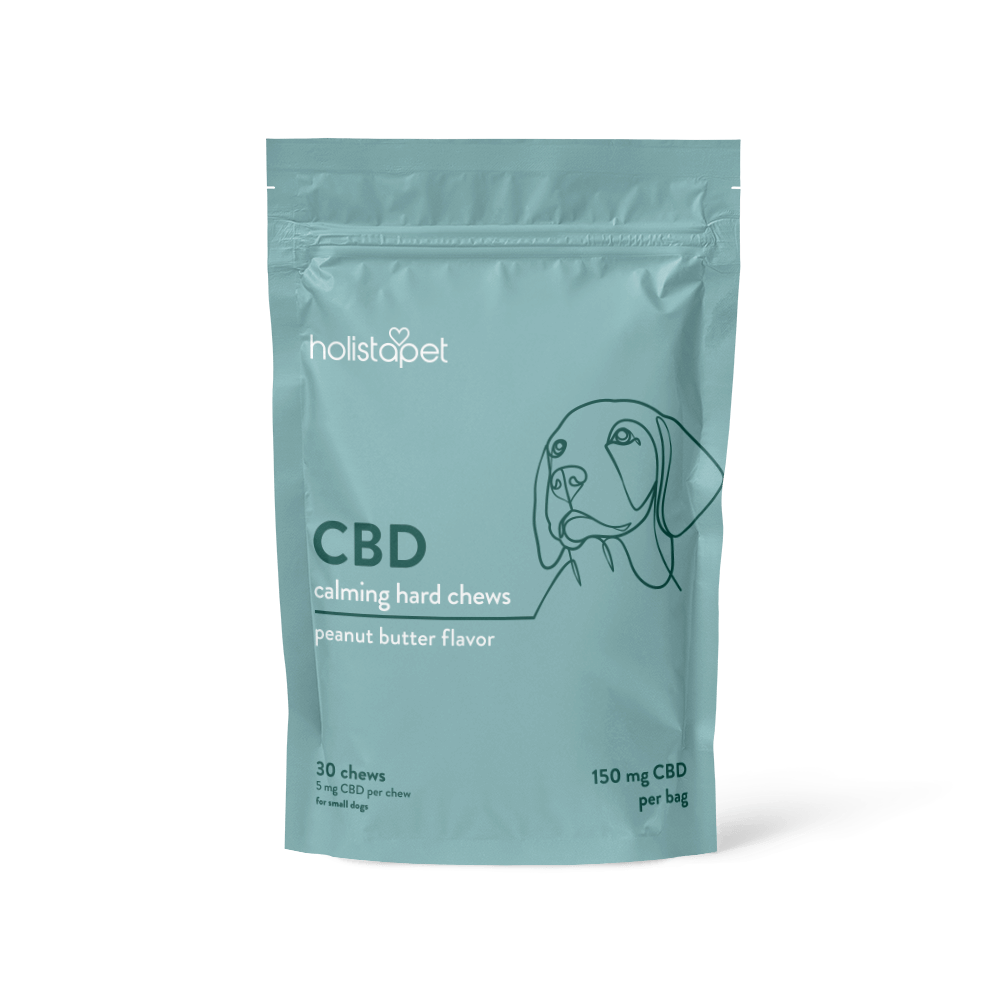
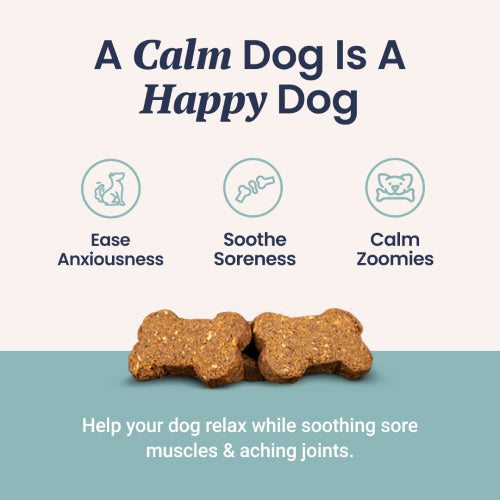
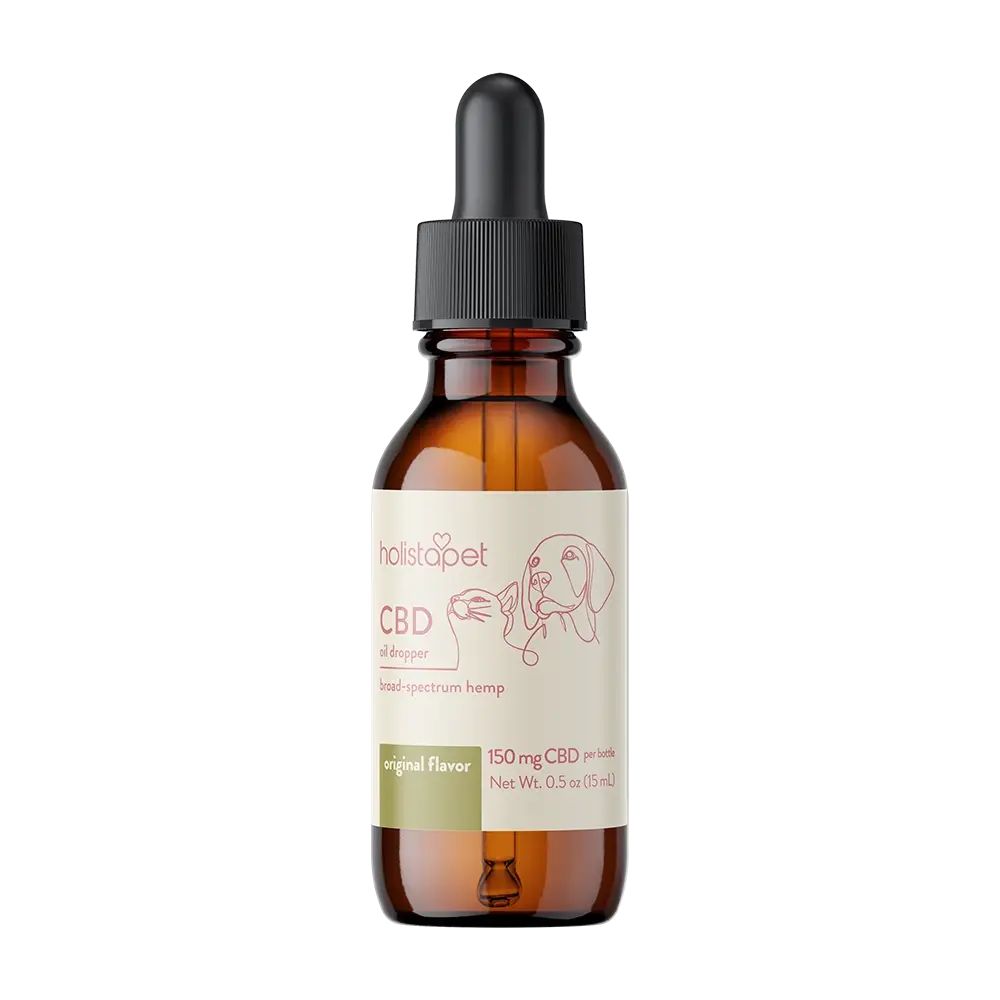

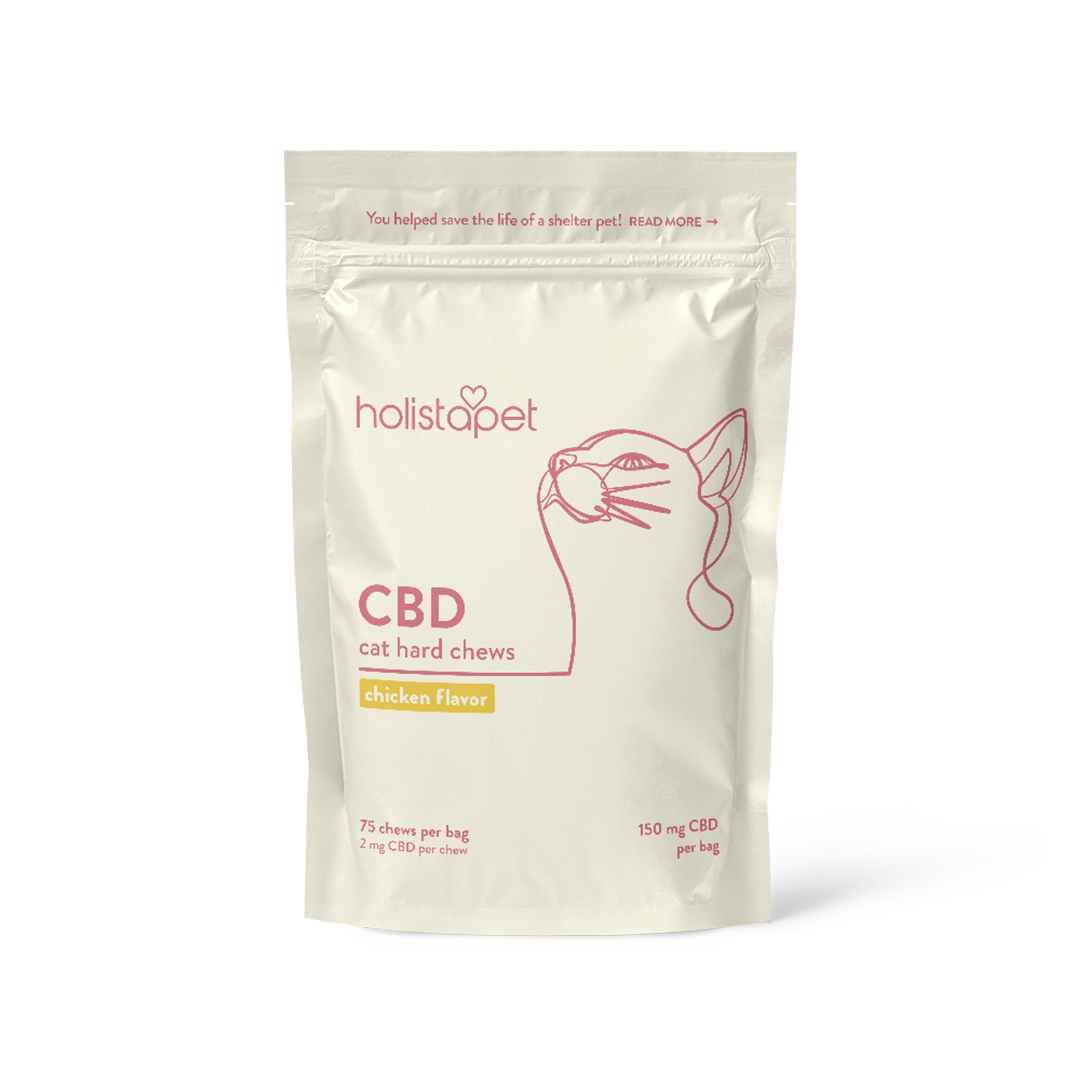

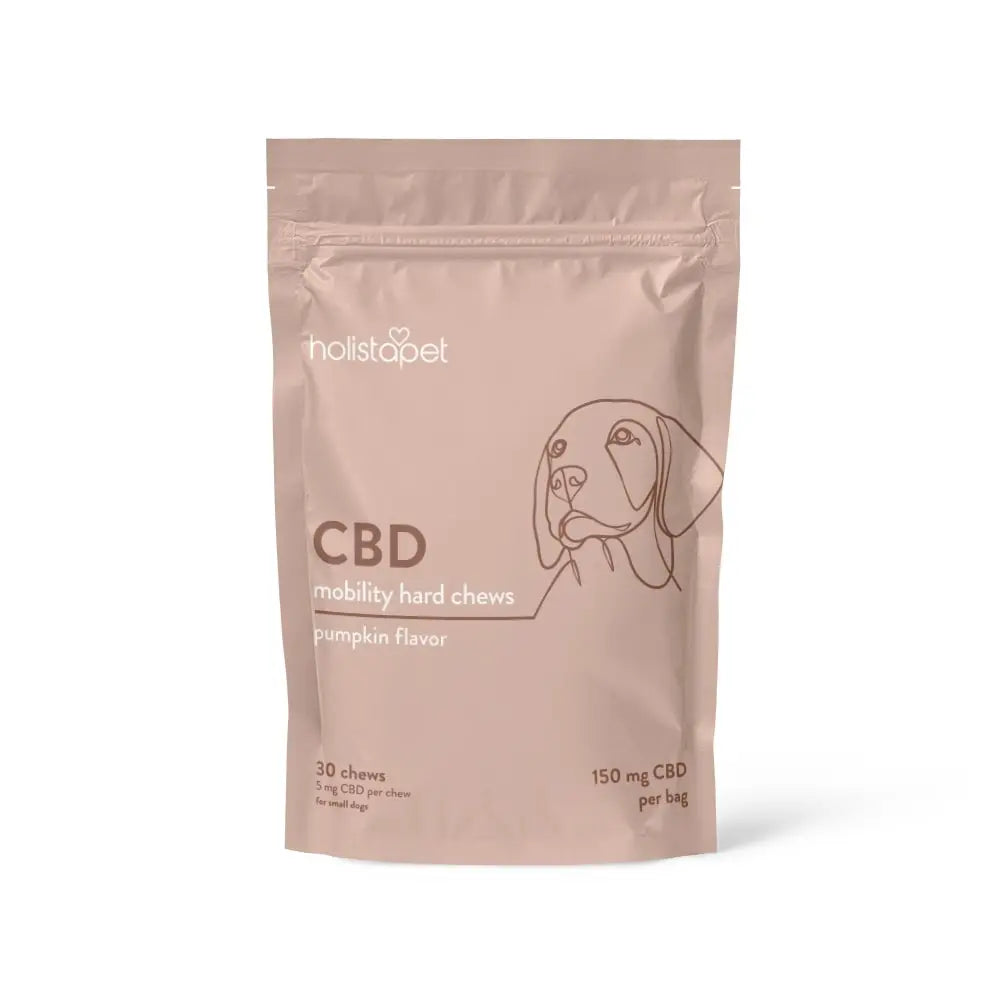
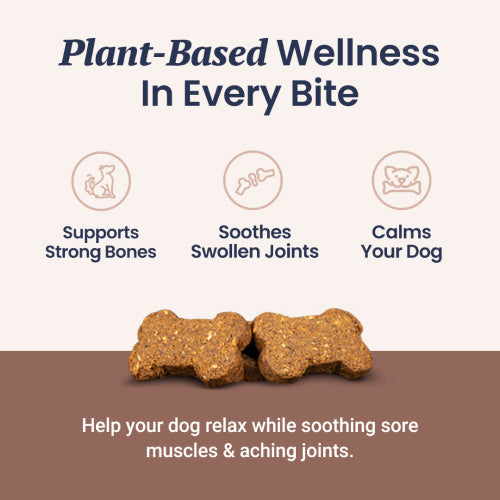
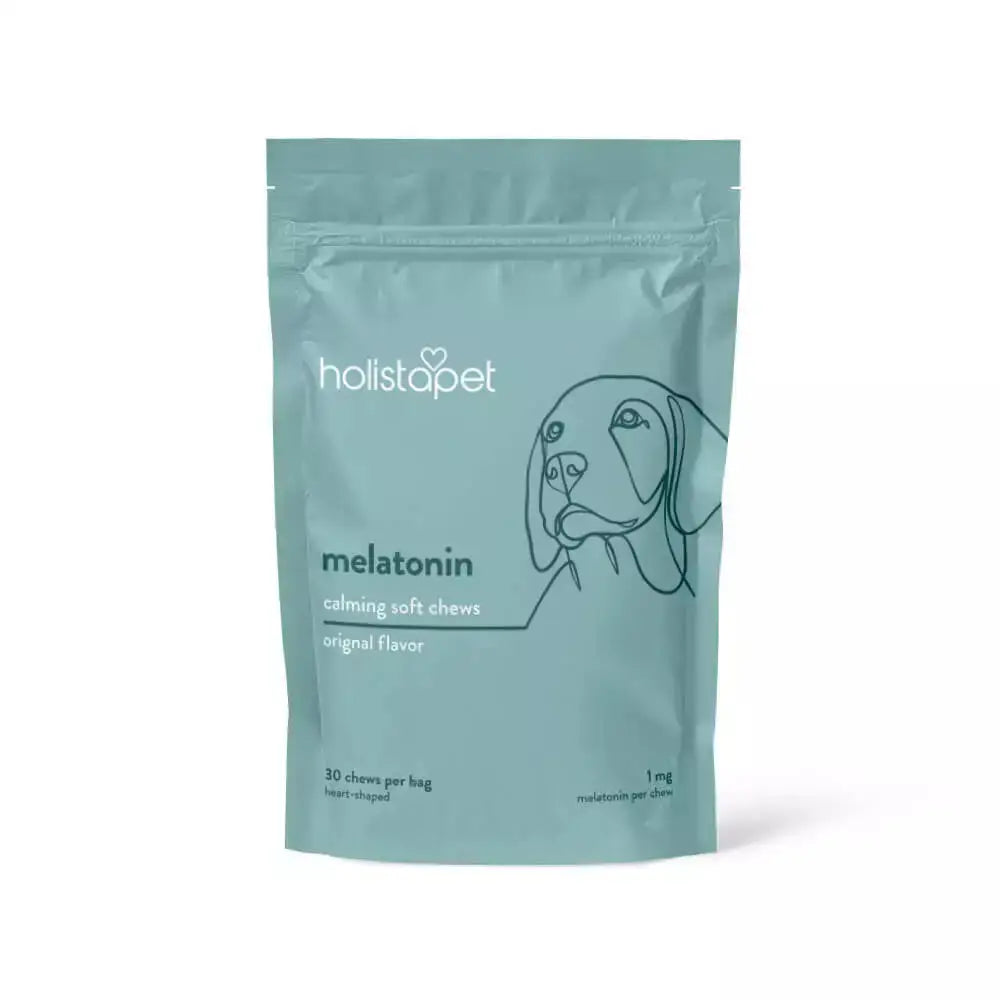

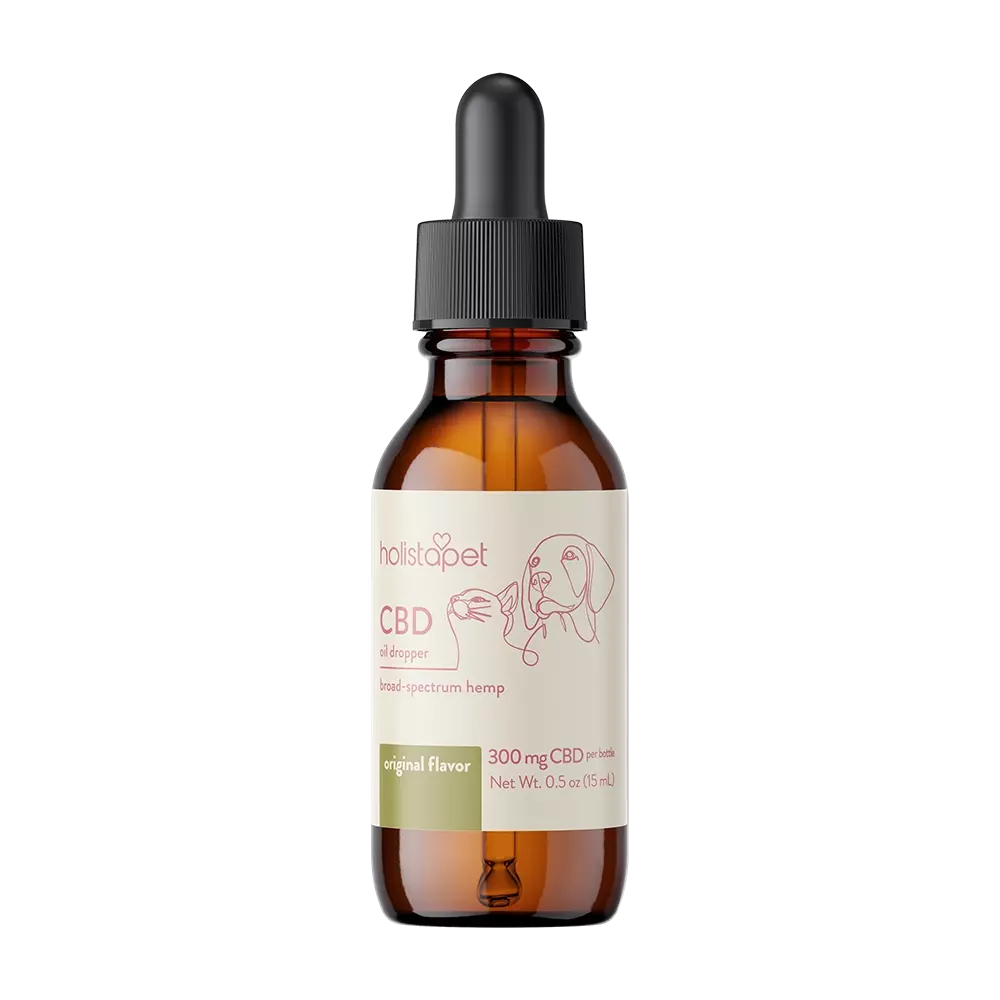

Leave a comment
This site is protected by reCAPTCHA and the Google Privacy Policy and Terms of Service apply.